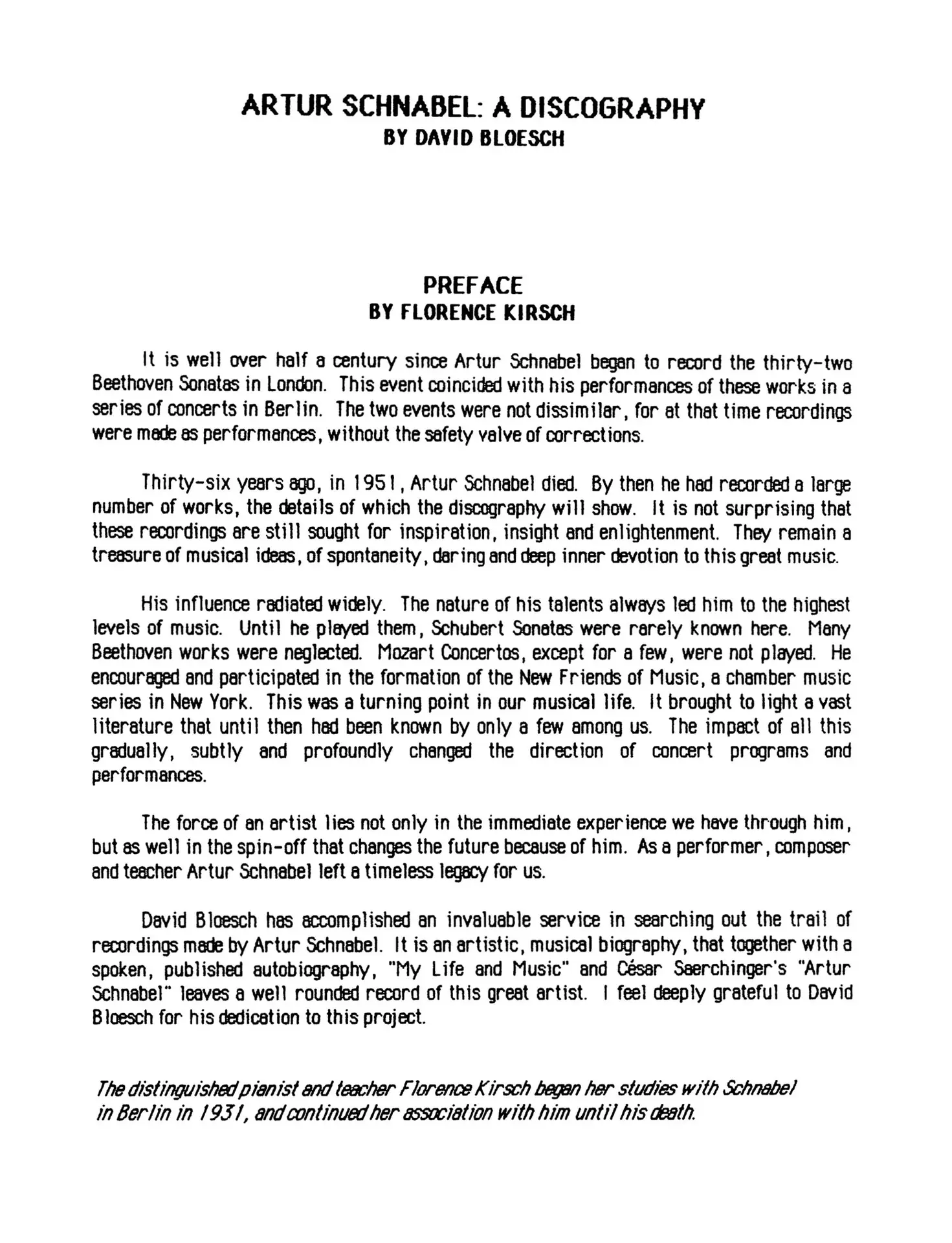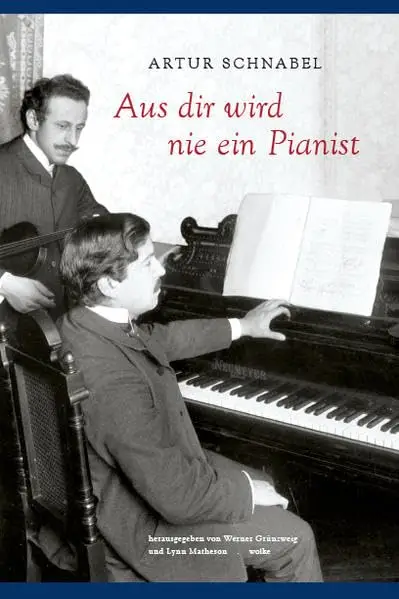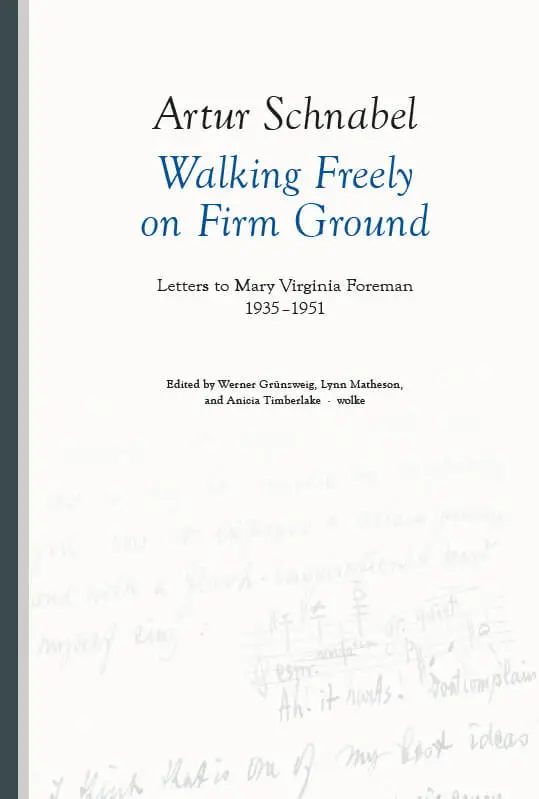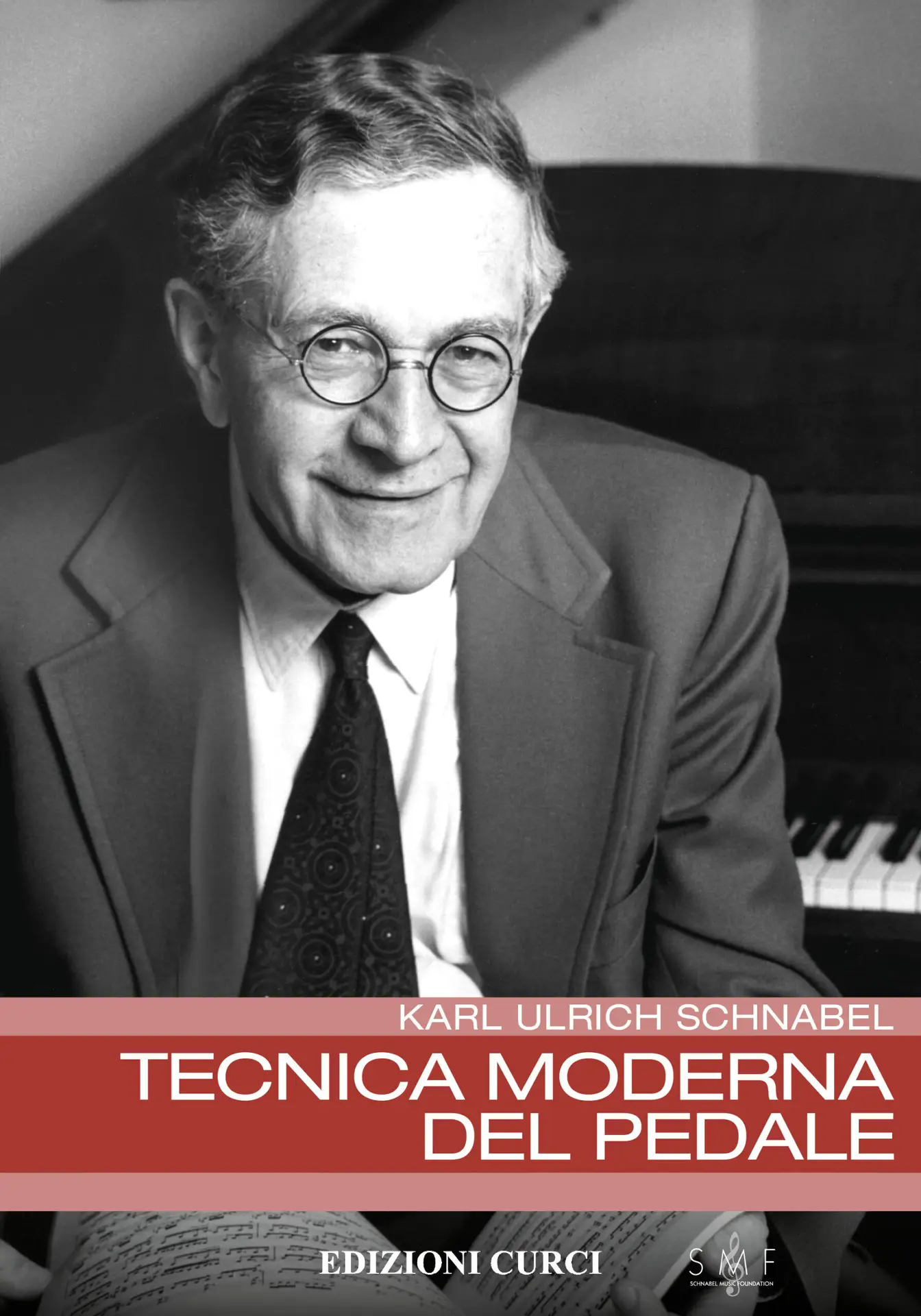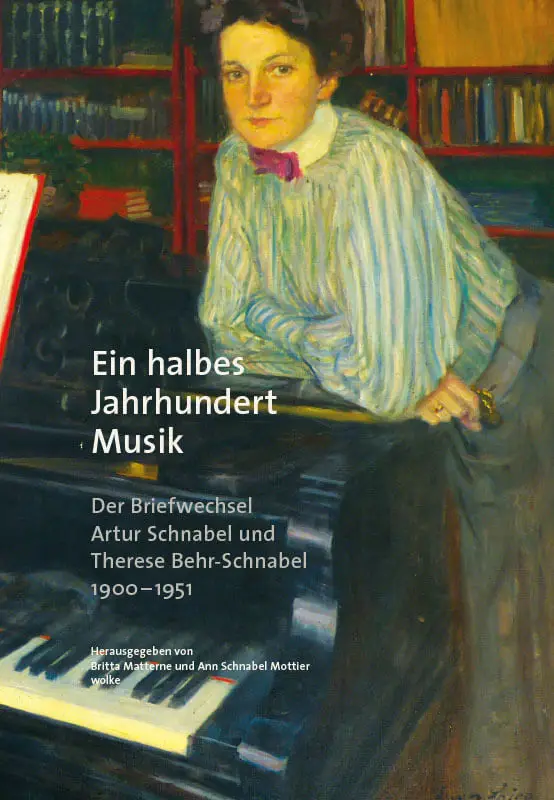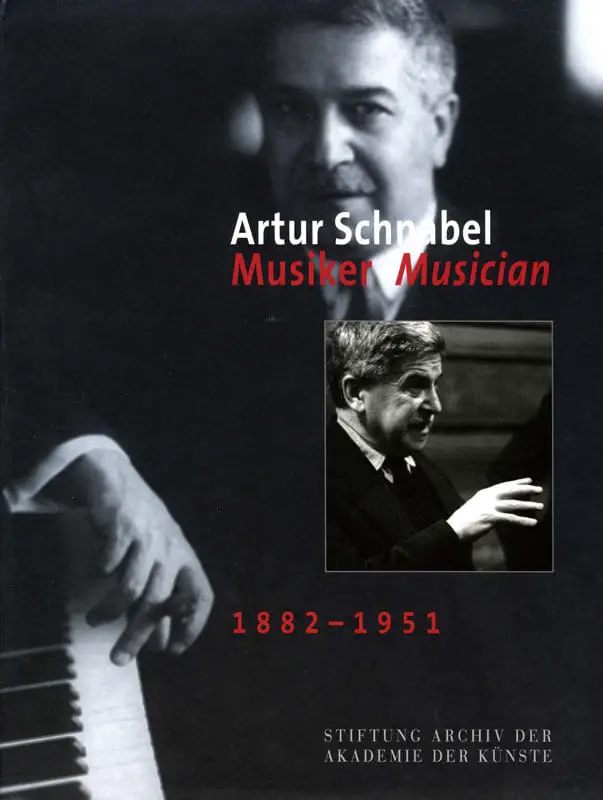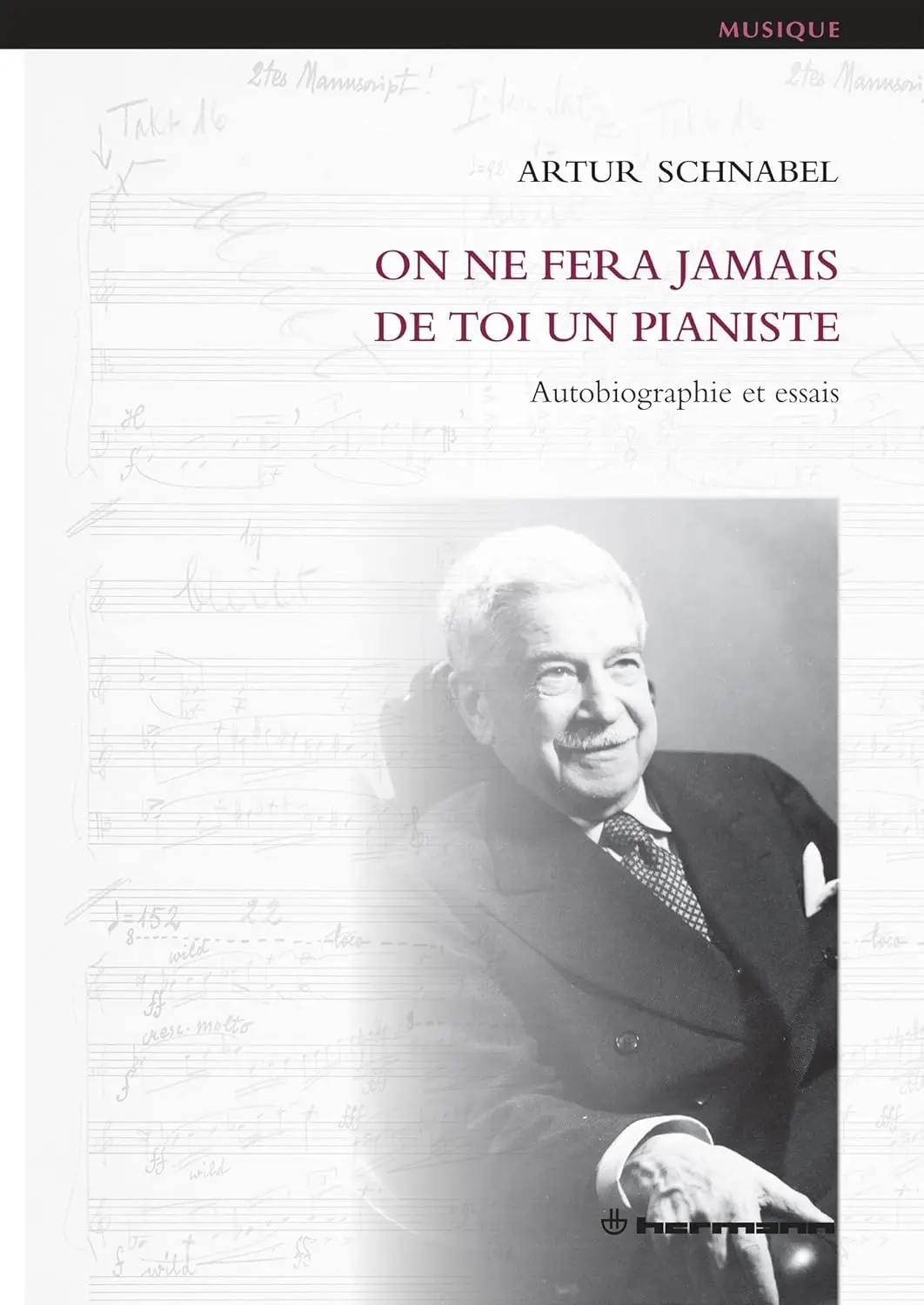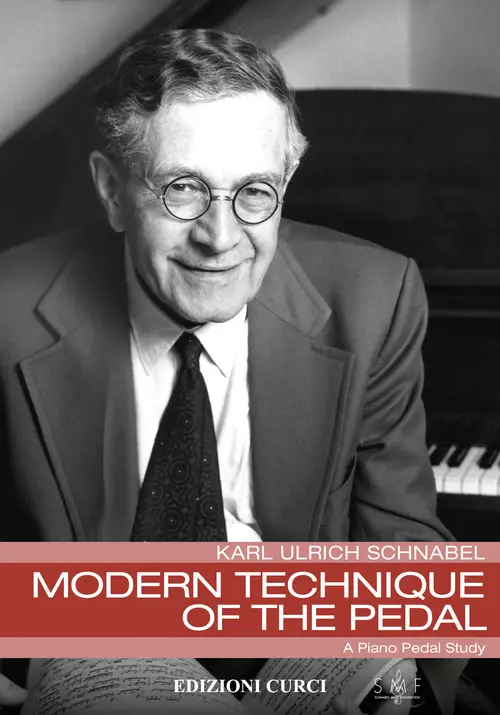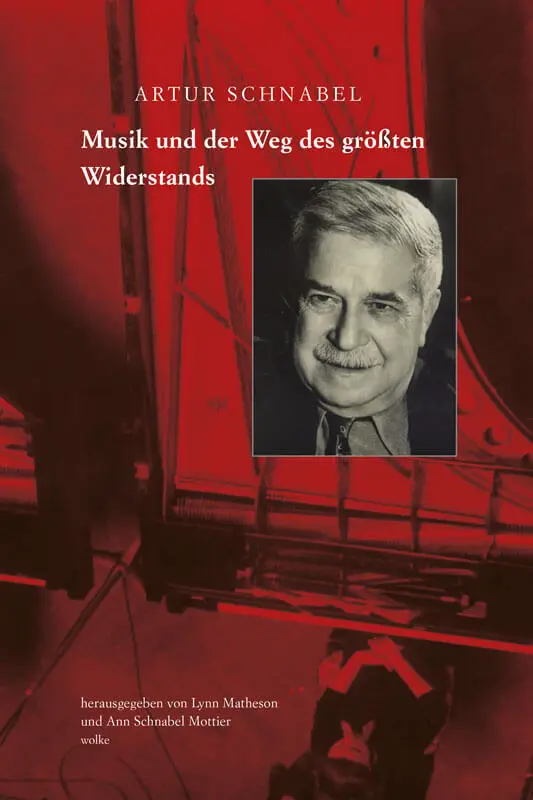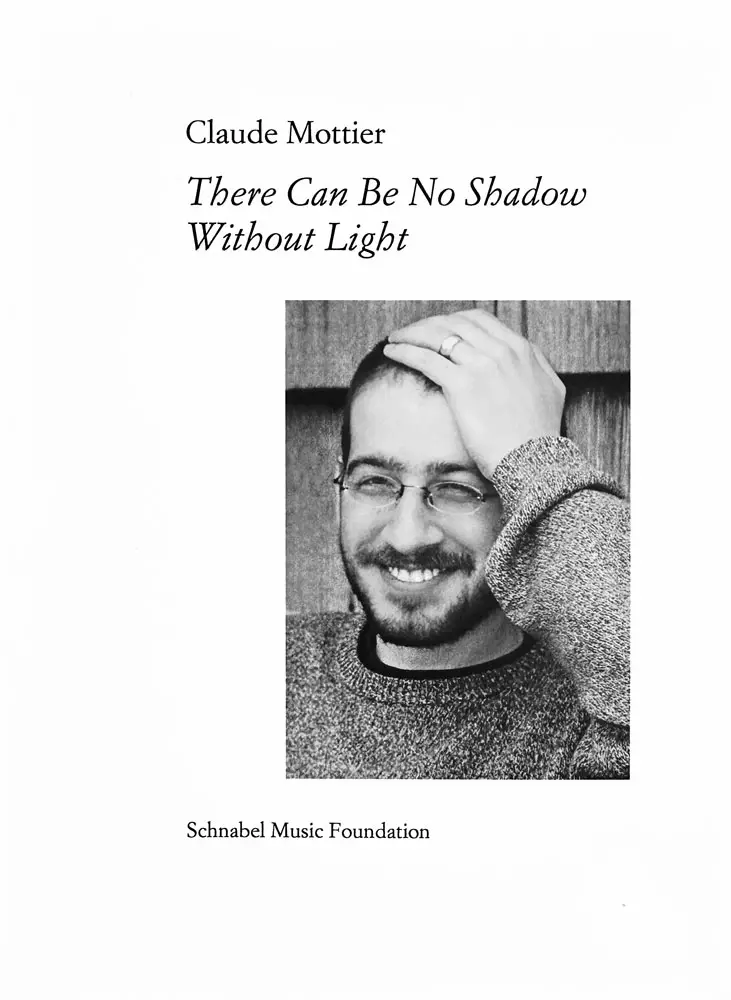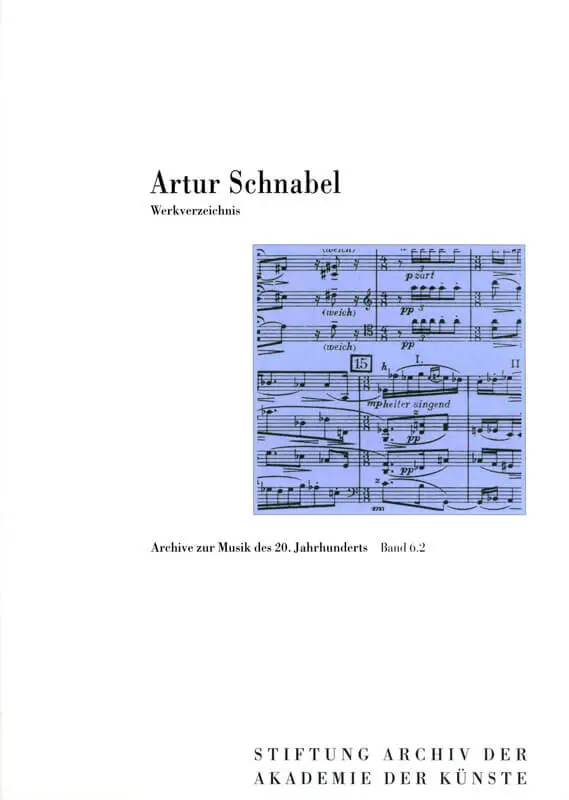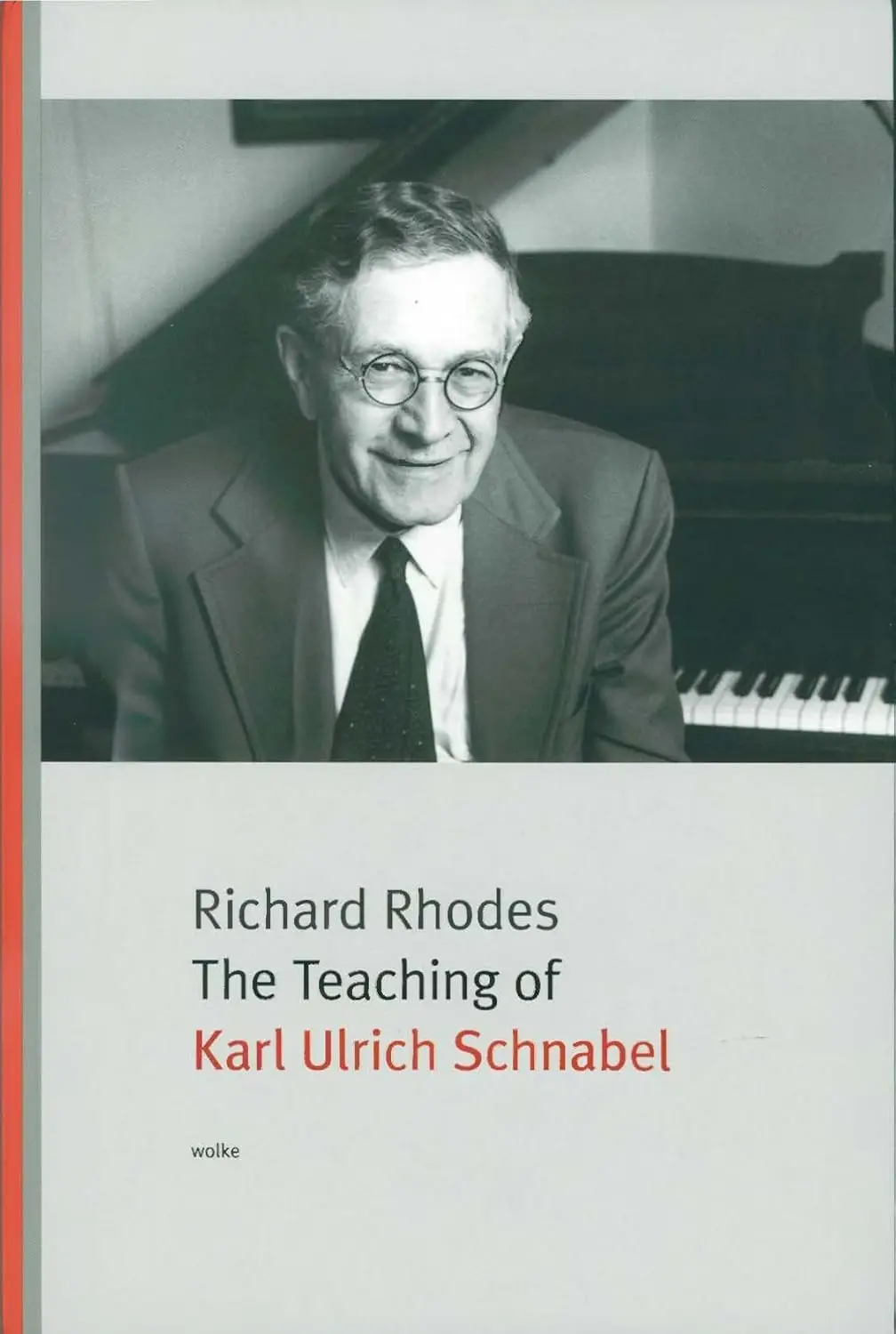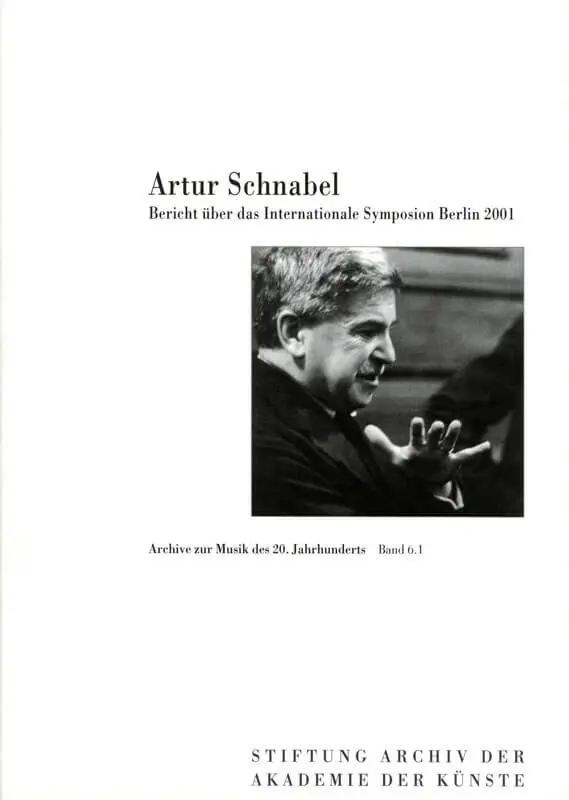From the Preface by Florence Kirsch:
“It is well over half a century since Artur Schnabel began to record the thirty-two Beethoven Sonatas in London. This event coincided with his performances of these works in a series of concerts in Berlin. The two events were not dissimilar, for at that time recordings were made as performances, without the safety valve of corrections.
Thirty-six years ago, in 1951, Artur Schnabel died. By then he had recorded a large number of works, the details of which the discography will show. It is not surprising that these recordings are still sought for inspiration, insight and enlightenment. They remain a treasure of musical ideas, of spontaneity, daring and deep inner devotion to this great music.
His influence radiated widely. The nature of his talents always led him to the highest levels of music. Until he played them, Schubert Sonatas were rarely known here. Many Beethoven works were neglected. Mozart Concertos, except for a few, were not played. He encouraged and participated in the formation of the New Friends of Music, a chamber music series in New York. This was a turning point in our musical life. It brought to light a vast literature that until then had been known by only a few among us. The impact of all this gredually, subtly and profoundly changed the direct ion of concert programs and
performances.
The force of an artist lies not only in the immediate experience we have through him, but as well in the spin-off that changes the future because of him. As a performer, composer and teacher Artur Schnabel left a timeless legacy for us.
David Bloesch has accomplished an invaluable service in searching out the trail of recordings made by Artur Schnabel. It is an artistic, musical biography, that together with a spoken, published autobiography, “My Life and Music” and Gesar Saerchinger’s “Artur Schnabel” leaves a well rounded record of th ts great artist. I feel deeply grateful to David Bloesch for his dedication to this project.”
